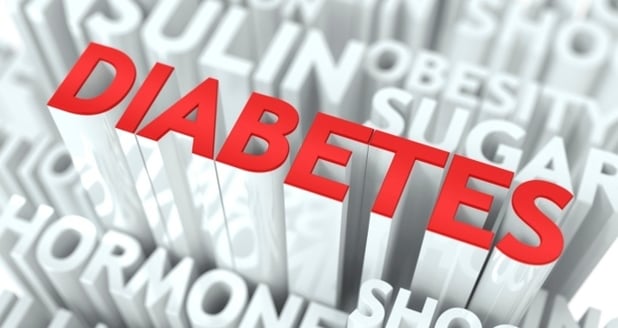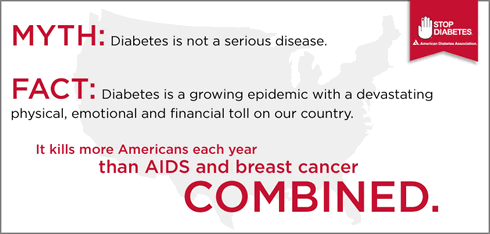
The treat crazed celebration has past and now we are all resetting until the next self indulgent holiday. During this time we can focus on an important month ahead. November is American Diabetes Month.
According to the American Diabetes Association, diabetes is one of the leading causes of disability and death in the United States. One in 11 Americans have diabetes — that’s more than 29 million people. And another 86 million adults in the United States are at high risk of developing type 2 diabetes. What’s more, two in three people with type 2 diabetes have obstructive sleep apnea, the most common type of sleep disorder.

Worsening effects of a poor night's sleep
Research has shown that insufficient sleep impairs the body's ability to use insulin, which can lead to the onset of diabetes. A bad night’s sleep can make you feel grumpy, groggy, and exhausted but for people with diabetes, missing sleep may be more serious. Studies have shown that, in people with diabetes, overnight restlessness or substandard sleep can lead to higher glucose levels the next day. For the general population, poor sleep can lead to insulin resistance and a greater risk for type 2 diabetes. It’s clear that the quality of a night's sleep, plays a major role in blood glucose levels.
Insufficient sleep can cause you to make poor food choices
Sleep apnea in particular is known to impact the hormones that regulate appetite. Your ability to make healthy food choices can be compromised when you’re tired. If an apple and a fresh pastry are put in front of you, your brain might tell you to scarf down the pastry. There is a tendency to eat more food, especially high-carbohydrate, high-fat junk food, following a night of insufficient sleep.
Being treated with CPAP can improve glycemic control
If you have diabetes and sleep apnea, treating the sleep apnea can bring about marked improvements to your overall health. Studies have shown that the more severe your sleep apnea, the worse your glycemic control, even after controlling for factors such as age, sex, and body mass index. However, several recent studies have found that CPAP treatment does improve glycemic control in people with type 2 diabetes when a person uses it for a full seven hours. These results were published in the American Journal of Respiratory and Critical Care Medicine.
Sleep loss and sleep disturbances have become very common in our society, and so have obesity and type 2 diabetes. People suffering from type 2 diabetes should consult a board-certified sleep medicine physician about their risk for obstructive sleep apnea.
Take control of your health and book an appointment with us today.
ANCSLEEP BLOG- Good Sleep Starts Here


